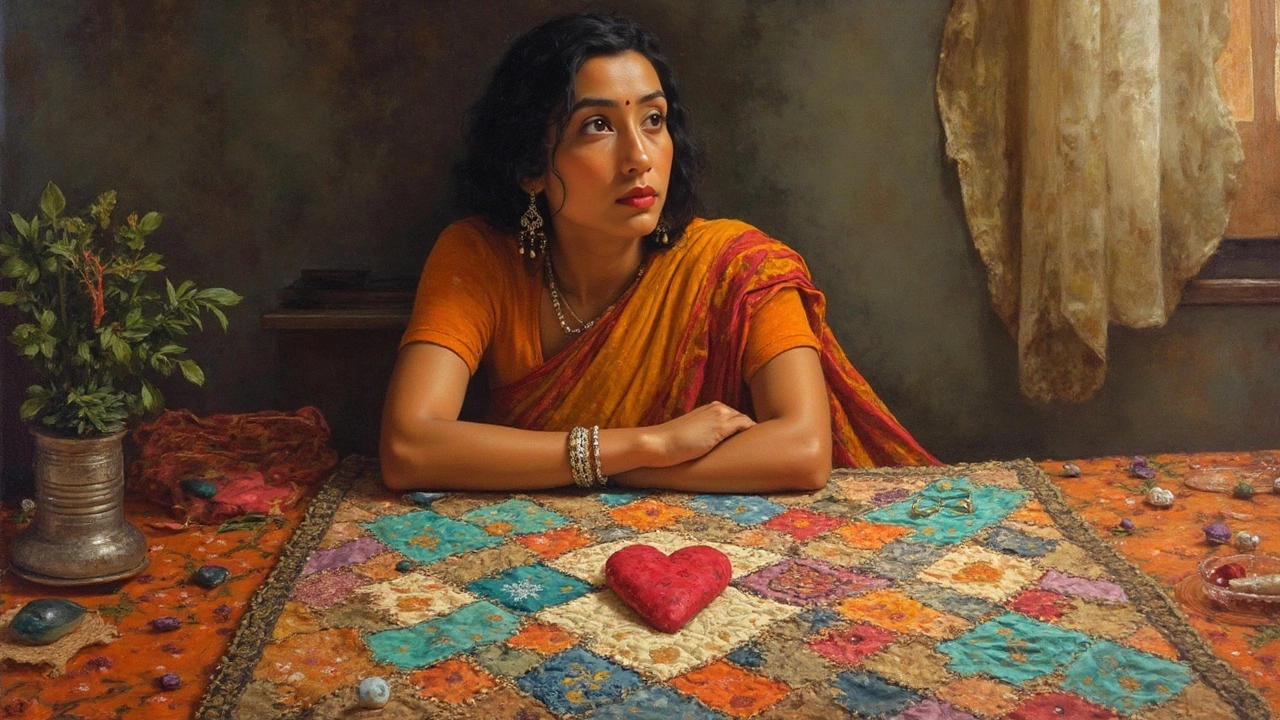So, you’ve probably heard about donor eggs in the context of IVF, right? The whole idea can be a bit of a head-scratcher if you start thinking about who the ‘real’ mom is. Is it the woman who gives her egg, or the one who carries and gives birth to the baby? It’s not as straightforward as it seems, and opinions might surprise you.
Think about it this way: the biological puzzle pieces usually start with the egg and sperm, right? In the case of donor eggs, it’s someone else’s egg that’s fertilized, so technically, the genetic stuff comes from the egg donor. But hold on a sec—what about the woman carrying the baby? This person is crucial too, as she provides the nurturing environment for the baby's entire development. Also, delivering the baby is kind of a big deal!
Diving into the legal side, it isn't always black and white. Laws can vary wildly depending on where you live. In many places, the birth mother is legally recognized as the mom, which makes things interesting when considering the genetic ties. Plus, emotional bonds play a massive role. Moms who carry don’t just lend their bodies; they’re there for every kick and hiccup, building that deep connection from day one.
Curious to know how society views all this? It's fascinating to see how people's thoughts on family and who’s who are evolving. Some think it’s all about genetics, while others focus on nurturing and love. In the end, maybe it’s less about a fixed label and more about what makes each family's story uniquely theirs.
- The Genetic Connection
- The Role of Gestation
- Legal Perspectives on Motherhood
- Emotional Ties and Social Views
The Genetic Connection
When we talk about the genetic connection in the context of a donor egg IVF baby, we're diving into the biology of who gives what to the baby. The egg donor plays a crucial role because her DNA forms the blueprint of the baby’s genetic makeup. It's like lending the genetic canvas for a painting—but wait, the family gets to pick the paint colors!
Here's a fun fact: about 99.9% of human DNA is identical across people. It's that tiny 0.1% that makes our eye color, hair type, and even some personality traits unique. So, when a donor provides an egg, she's giving that 0.1% that's packed with genetic information.
Dr. Susan Trellis, a leading fertility expert, puts it this way:
“The egg donor contributes the starting material for all genetic traits in the child. But remember, it doesn’t diminish the value of the intended parents; it’s a collaborative miracle.”
One interesting aspect is how science helps match donors. Clinics consider not just the donor's physical characteristics but also her health history. This ensures the child is less likely to inherit any genetic conditions. It's like picking a teammate for a special project—you want someone who matches your style!
Despite the clear genetic link, it's important to remember that genes are just one piece of the puzzle. The person carrying the baby, the gestational mother, who might also be the intended mother, has no genetic link, yet she’s vital for the baby's growth and development.
In discussions about biological mothers and who holds the 'real' mother title, recognizing the distinction between genetics and gestation helps unpack the complexities without undermining anyone’s role. So, while the egg donor provides the genetic base, parenting and love continue the journey beyond what's written in the DNA.
The Role of Gestation
When it comes to discussing donor egg IVF, one of the most significant roles is played by the gestational mother. You might wonder why, right? Well, she's the one who carries the baby through nine incredible months, providing everything the growing baby needs from oxygen to nutrients.
During gestation, the mother's body undergoes tons of changes to create a safe and nurturing environment for the baby. From forming the placenta to regulate the baby's needs to adjusting hormone levels for healthy growth, the gestational mom is actively involved every step of the way. This process is about as personal and intimate as it gets, forming deep emotional bonds even before the baby is born.
Some even say that the connection formed during these months plays a big role in the child’s emotional and psychological development. The baby listens to the mom's heartbeat, recognizes her voice, and even tunes into her moods. It's almost as if a silent conversation happens every single day.
And let's not forget the physical labor of bringing the baby into this world—literally! The experience of childbirth is profound, often leading to a bond rooted in both sacrifice and joy.
Interestingly, studies have shown that the gestational mother's body can influence certain traits of the baby, a phenomenon called epigenetics. It's not altering the DNA sequence but flipping some genetic switches based on the gestational environment, which can affect the baby's future health and behavior.
All said and done, in the world of donor egg motherhood, the role of gestation is more than just physical support; it's a pivotal journey of love and connection that shapes both mom and child in countless ways.

Legal Perspectives on Motherhood
The legal side of donor egg IVF can get pretty twisty, especially when it comes to figuring out who gets to be called 'mom' officially. You might think it's just about who carries the baby, but laws aren't always consistent everywhere. In many places, if you've given birth, you're recognized as the legal mother, no questions asked. This can mean that even though the egg came from someone else, the rights and responsibilities fall to the birth mom.
Now, here's where it can get a bit sticky. In places like the UK or most of the USA, the gestational mother is given legal motherhood, but there are wrinkles. Some couples use legal agreements or contracts to ensure things are clear-cut for everyone involved. These contracts can include stuff like the donor's consent to give up parental rights or the intended mother’s rights if she isn’t carrying the baby herself. It’s all in the nitty-gritty of the contract, crafted often with the help of legal pros who know the ins and outs of family law.
For those using a donor egg, understanding the laws in your area is vital. Some countries still don’t have specific laws addressing these modern family dynamics, leaving people to navigate a space filled with old-school laws that don’t quite fit. International cases are even more complex, sometimes involving multiple legal systems when donors and recipients are from different countries.
Here's a quirky fact: In some countries, even documenting the complete journey of how you came to be using a donor egg is part of the paperwork to get smooth legal recognition. Despite the complexities, one thing stays clear—having a legal framework helps all parties feel secure in their roles and relationships, ensuring the family starts on a stable foundation. Sometimes knowing your rights and steps you need to take is as important to the process as choosing the right clinic!
Emotional Ties and Social Views
Alright, so let’s talk about the heart of the matter: feelings and what society thinks about it all. For many parents, donor egg IVF isn’t just about making a baby; it’s a journey packed with emotions. Imagine this: You’re the gestational mom, carrying the baby, feeling every flutter and kick. There's an unbreakable bond growing every day—a connection that doesn’t care about genetic links.
People often wonder, does the genetic tie really matter if the love and care are there? A mom from a popular parenting forum once said, "The baby I carried is mine because I nurtured them, loved them, and brought them into the world." And boom, she nailed it. Love isn’t something you can measure by DNA.
"Motherhood is not just about biology. It’s about the moments you share in shaping a life." — Dr. Elizabeth Kane, Family Therapist
Jumping into social views, things have changed quite a bit. Back in the day, the idea of using a donor egg might have raised a few eyebrows, but today, people are more open-minded and supportive. Friends and family usually rally behind what makes you happy. It’s the hugs, birthday parties, and bedtime stories that matter.
And here’s a cool thing—stats from 2024 show that 76% of families using donor egg IVF felt totally at ease with their social circle’s reception of their decision. That's a sure sign that society is getting it. Family structures are evolving, and the diverse ways to build a family are becoming just as normal as any other.
The bottom line: Whether you’re the genetic mom or the one who does all the loving, being a parent is about raising happy, healthy kids in a nurturing environment. Embrace what makes your family special, and cherish the unique journey it took to get there.
